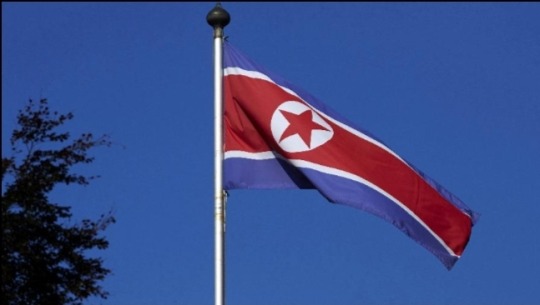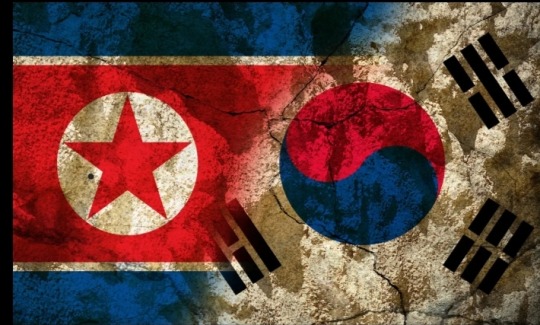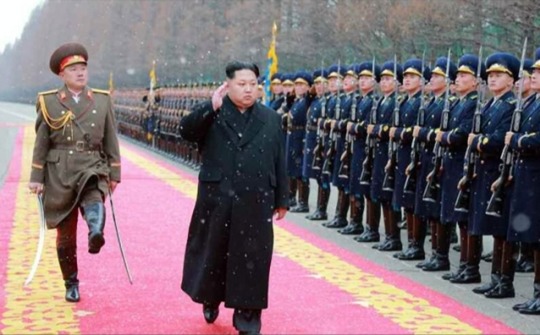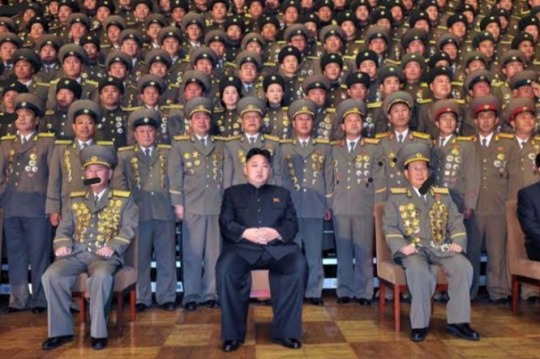Don't wanna be here? Send us removal request.
Text
North Korea

North Korea, officially Democratic People's Republic of Korea (DPRK; Korean: 조선민주주의인민공화국; hanja: 朝鮮民主主義人民共和國; transl. Korean peninsula, with Pyongyang as the country's capital and largest city. To the north and northwest, the country is bordered by China and Russia along the rivers Amnok (known as the Yalu in Chinese) and Tumen; it is bordered to the south by South Korea, the two countries separated by the Korean Demilitarized Zone (ZDC). The two states claim to be the legitimate government of the entire Korean peninsula and its adjacent islands. North and South Korea became members of the United Nations in 1991.

In 1910, Korea was annexed by the Empire of Japan. In 1945, after the Japanese surrender at the end of World War II, Korea was divided into two zones, with the north occupied by the Soviet Union and the south occupied by the United States. Negotiations on reunification failed, and in 1948 independent governments were formed in the Democratic People's Republic of Korea, in the north, and in the Republic of Korea, in the south. An invasion initiated by the North triggered the Korean War (1950-1953). The Korean Armistice Agreement led to a ceasefire, but no peace treaty was ever signed.

North Korea officially describes itself as a self-sufficient socialist state and formally holds elections. Several analysts, however, classify the country's government as a totalitarian Stalinist dictatorship, particularly because of the intense personality cult around Kim Il-sung and his family. The Workers' Party of Korea (PTC), led by a member of the ruling family, holds power and leads the Democratic Front for the Reunification of the Fatherland, of which all political officials are required to be members. Juche, the ideology of national self-sufficiency, was introduced into the constitution in 1972. The means of production are owned by the state through state-owned enterprises and collectivized farms. Most services, such as health, education, housing and food production, are also subsidized or financed by the state. The country follows the Songgun, or "military first" policy, with a total of 9,495,000 people among active soldiers, in reserve and paramilitaries. Its active army of 1.21 million men is the fourth largest in the world, after China, the United States and India. The country also has nuclear weapons.

Several international organizations assess that serious human rights violations in North Korea are common and so severe that they are unparalleled in the contemporary world. From 1994 to 1998, North Korea suffered a famine that resulted in the death of thousands of people ( between 240,000 and 420,000 North Koreans), and the population continues to suffer from malnutrition. The North Korean government vehemently denies most of the allegations, even with evidence and accusing international organizations of fabricating human rights abuses as part of a smear campaign with the secret intent to overthrow the regime, although they admit there are human rights issues related to the living conditions that the government is trying to correct.
2 notes
·
View notes